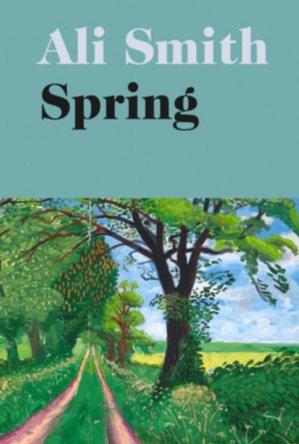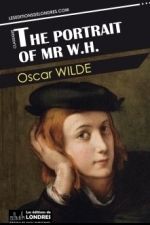
Daily Inspiring Quotes - Get motivation from the greatest minds!
Lifestyle and Reference
App
Receive daily wisdom from the most notable personalities. * Over 5400 inspirational, interesting,...
Ross (3284 KP) rated Down Every Road by Merle Haggard in Music
May 4, 2020
If there was a country version of the old "infinite monkeys with typewriters would eventually write Shakespeare" then I think I just listened to it. So many slightly different combinations of guitar and fiddle melodies, yet they never managed to recreate Jonny Cash.
Country really isn't my bag at all and I should never have listened to this.
Prior to this, my only knowledge of Merle Haggard was the Bloodhound Gang lyric "I was lonelier than Kunta Kinte at a Merle Haggard concert that night I strolled on into Uncle Limpy's Hump Palace lookin' for love", which I didn't understand until now. I wish it had stayed that way.
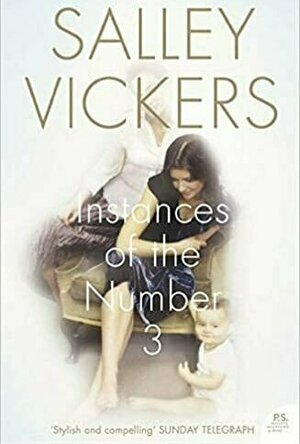
Instances of the Number 3
Book
The fantastic new edition of the bestselling second novel from the author of ‘Miss Garnet’s...
Sophia (Bookwyrming Thoughts) (530 KP) rated Such Sweet Sorrow in Books
Jan 23, 2020
I personally liked Trouts version of Romeo as he journeys to Denmark in the quest to save Juliet from death - he's much more spunky, but he has his romantic elements as well that Shakespeare originally placed in him. Hamlet is just as cheeky as his original counterpart, if not more cheeky (<i>Hamlet</i> is my favorite Shakespeare play, and it's not actually because of the ending). Juliet, like Romeo, also has another side to her Trout creates - she's more badass. (<i>Romeo and Juliet</i> is my least favorite - interesting combo going on here honestly.)
But <i>Such Sweet Sorrow</i> can be overwhelming. Trout doesn't just have <i>Hamlet</i> mashed with <i>Romeo and Juliet</i> - she's got Norse mythology and Greek mythology and who knows what else (some reviewers on Goodreads say anything you can think of... Essentially). Regardless, there is definitely a mess of things going on throughout and I just decided to go with it rather than question the book in its entirety (like what other mythological aspects are involved).
For the first half of the book, Romeo and Hamlet are, for the most part, wandering around cluelessly through this place called the Afterjord - it can get boring pretty quickly, but there is so much going on with the creatures they come across, it's not actually boring (I'm too busy trying to keep track of what's going on so I'm not lost). <i>Such Sweet Sorrow </i>doesn't actually pick up until after Romeo and Hamlet finally rescue Juliet and try to make their way back to the mortal world.
But while there is so much going on throughout, I actually liked this strange little book in all its weird complexities. However...
I'm disappointed that a cliffhanger is involved and nowhere on Goodreads does it say <i>Such Sweet Sorrow</i> has a sequel in the works.
<a href="https://bookwyrmingthoughts.com/arc-review-such-sweet-sorrow-by-jenny-trou/"; target="_blank">This review was originally posted on Bookwyrming Thoughts</a>
Eilidh G Clark (177 KP) rated The Portrait of Mr W.H. in Books
May 14, 2017
Wilde presents a subjective interpretation of Shakespeare’s sonnets that portrays homoerotic sexual desire as the force for creative inspiration. Foremost, through the character Cyril Graham, the author demonstrates that art is ‘an attempt to realise one’s own personality on some imaginative plane out of reach of the trammelling accidents and limitations of real life’, (Wilde, p.111).
Taking from a hypothesis in the previous century by Edmund Malone and Thomas Tyrwhitt, the character of Cyril forms a theory in which Mr W.H. is a young actor named Willie Hughes, employed by Shakespeare and who is the muse to which the sonnets are devoted. Cyril investigates each poem and pieces together a theory he believes to be true.
On the surface, Cyril’s theory derives from feeling and beauty rather than logic and instruction.
The withholding of facts in Shakespeare’s sonnets energises Cyril. He scours the poems to find a clue that harmonise with his own feelings. Cyril believes that Shakespeare influences his readers by guiding them to Willie Hughes.
Cyril, spurned by the moralistic interpretations of previous critics, becomes enthralled by Shakespeare’s muse.
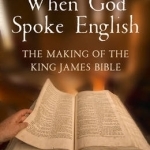
When God Spoke English: The Making of the King James Bible
Book
A fascinating, lively account of the making of the King James Bible. James VI of Scotland - now...
Leading Ladies
Book
Comedy / 5m, 3f / Unit set. In this hilarious comedy by the author of Lend Me A Tenor and Moon Over...
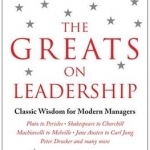
The Greats on Leadership: Classic Wisdom for Modern Managers
Book
You don't need a big title or a business degree in order to lead with impact. What you need is...


